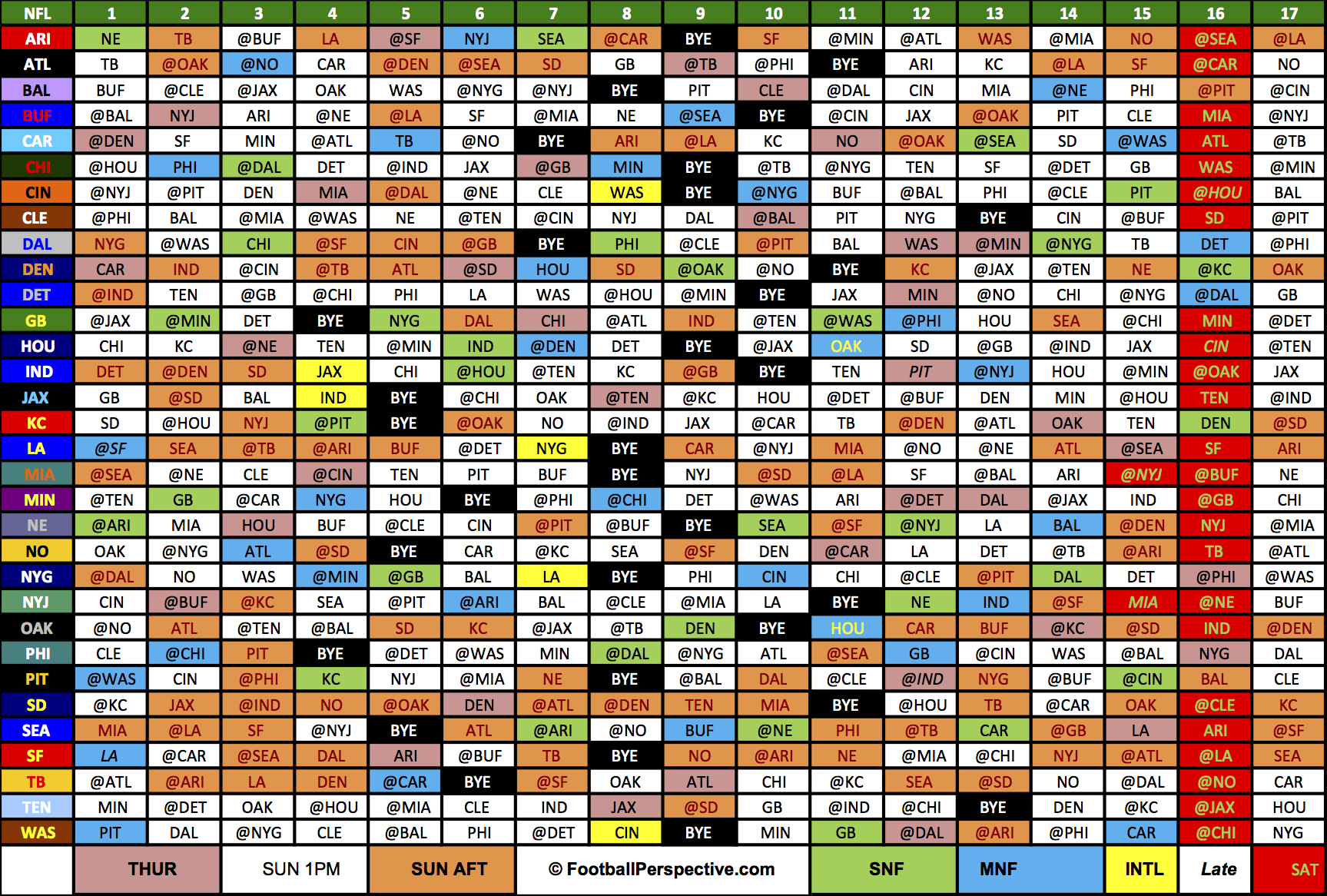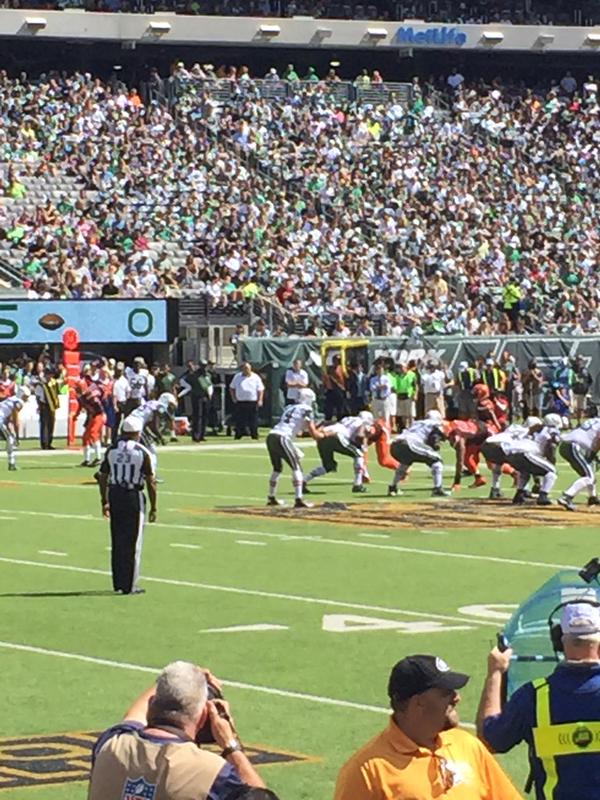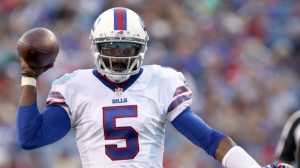
Cam disingenuously listening to his head coach
, I noted with some annoyance that the Carolina Panthers signed
Olindo Mare to a 4-year, $12M deal, while at the same time signing
Cam Newton to a 4-year, $22M contract. I was not a fan of the way rookies were treated under the new Collective Bargaining Agreement, and the Mare/Newton situation was a perfect example of the problem. With the new rookie wage scale, the NFL had taken money that was going to go into Newton’s pocket and placed it into the wallets of players like Mare.
Much of the outrage over what rookies made under the old Collective Bargaining Agreement was due to the fact that “unproven” players were making so much money. Even look at the comments to my old article: there are several who expressed the idea that proven players should get rewarded at the expense of unproven players, and Newton would benefit from that scenario once he became a proven player.
Well, that’s sort of true. I assume that most everyone would agree that Newton is now a “proven player” or else that is a term without any meaning. This week, Newton signed a five-year contract extension worth an additional $103.8 million. According to Over The Cap, Newton received a $22.5 million signing bonus and $7.5 million roster bonus upon signing the contract, and you can read Jason’s full article on Newton’s new contract here.
The contract extension Newton signed is pretty close to a “market value” contract for Newton, although I do think he’d make more on the open market than what he just received. Newton’s leverage was slightly limited by the fact that Carolina had him under contract for $14.66M in 2015, and could use the franchise tag on him in ’16 (which would probably cost Carolina around $20M).
But the real issue is the lack of any “catch up” payment. Newton lost real dollars on his rookie contract due to the new structure, and he’s never going to get to make those up. The rookie wage scale has always been B.S., and I’ve said so much from the moment it was instituted. But the new system was, by some, argued as an improvement because only the “proven players” would be rewarded. Sure, a rookie might make less now, but he’d get to make more in the future. After all, if teams weren’t forced to pay so much to rookies, there would be more money to go around for the “proven” veterans, right?
But that logic doesn’t work once we look at Newton, who has been the Panthers most valuable player over the last four years, and will probably be the team’s most valuable player over the next six, too. As a rookie, Newton was grossly underpaid, with a salary cap value of $4M while the salary cap was $120M. As a result, Carolina was able to lock up Newton for just 3.3% of the cap, which enabled the team to overpay players like Mare.
In 2012, Newton’s cap hit only rose to $5M, or 4.2% of the cap. In 2013, his cap hit became $6M, or 4.9% of the $123M cap. And then last season, Newton’s contract reached $7M, which was 5.3% of the $133M cap. It goes without saying that the Panthers received quite a deal over the last four years. On average, Carolina devoted 4.4% of its cap from ’11 to ’14 to Newton. This season, he will cost the Panthers $13M salary cap dollars, or 9.1% of the cap.
Let’s assume that the salary cap will increase by $7.5M per year over each of the next five years. And let’s assume, naively, that Newton will play out his entire contract. In that case, he will take up about 12-13% of the Panthers salary cap from ’16 to ’20. But that still means that over his first ten seasons in the NFL, Newton will, on average, only take up about 9% of his team’s salary cap.
In the table below, I’ve shown Newton’s salary cap hit, the NFL salary cap, Newton’s percentage of the cap in that season, and Newton’s career average (in terms of percentage of cap hit) through that season. In each case, I’ve assumed a $7.5M yearly cap increase beginning in 2016. Here’s how to read the ’16 line: That year, Newton will have a cap hit of $19.5M, while the salary cap will be $150.8M. That means Newton will take up 12.9% of the Panthers cap, but will have only taken up, on average from 2011 to 2016, 6.6% of the Panthers cap dollars over the course of his career to date. As you can see from the last entry in the table, Newton — if he reaches the end of his contract — will only take up about 9% of the Panthers salary cap over the first decade of his career.
The $7.5M increase is just an estimate, but it works well enough for our purposes. If the salary cap continues to increase by about $10M per year, then that percentage will drop, but only to 8.8%. If instead the cap increases by an average of just $5M/year, Newton’s percentage will only rise to 9.3%. In other words, the Panthers will be able to lock up the first overall pick for a decade and pay him an average of just about 9% of the team’s salary cap.
Is that right? Well, that’s not the correct question to ask. The correct question, I think, is “is that market?” And the answer there seems pretty clearly “no” to me. If the number one pick is a quarterback who turns out to be a success and even he is only getting 9% of his team’s cap space over the first ten years of his career, that seems very out of whack with actual market value.
Perhaps nobody cares or will care, because why should people care whether Newton makes $140 million or $180 million? But I do think it’s worth recognizing that the NFL gas screwed over rookies with the new CBA, and part of the narrative was that it came with the promise that if those players weren’t busts, they could make up that money in their second contract. Looking at Newton now, that doesn’t seem to be the case. If a top draft pick is merely okay (but not a bust), a team will likely avoid having to pay serious dollars to that player, as it could always just replace him with a rookie at a fraction of the cost. That’s the obvious downside to the rookie wage scale for veterans: cheaper replacement labor is now available. But there’s another downside to the rookie wage scale for veterans: even if that player turns out to be a success, he’ll only receive market value for about half of his first decade with the team, and he’ll always be chasing the dollars he lost.
Of course, everything above applies even more strongly to Russell Wilson. That will be another contract worth watching, but don’t expect the Seahawks to give Wilson a bump just because the team got to ride his low-salary contract for years.





